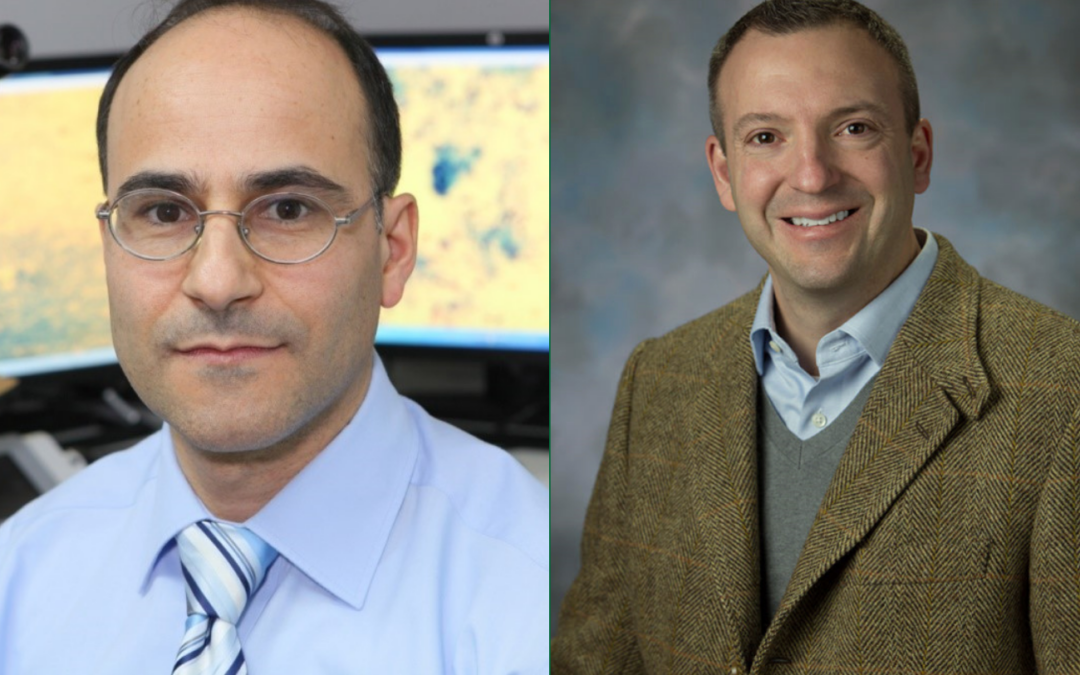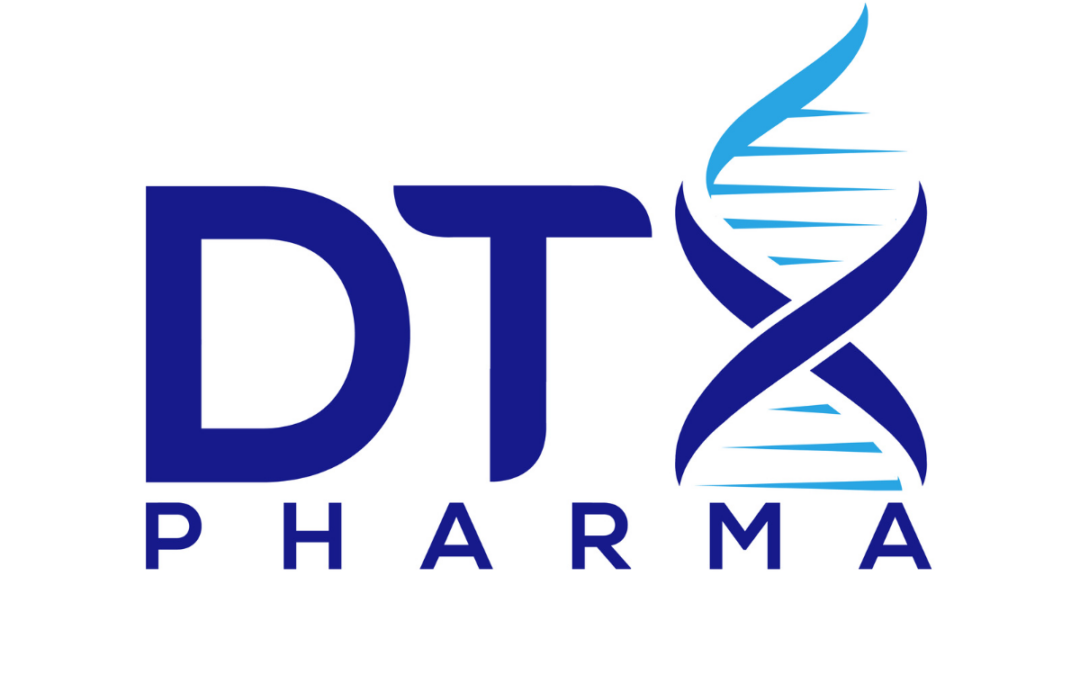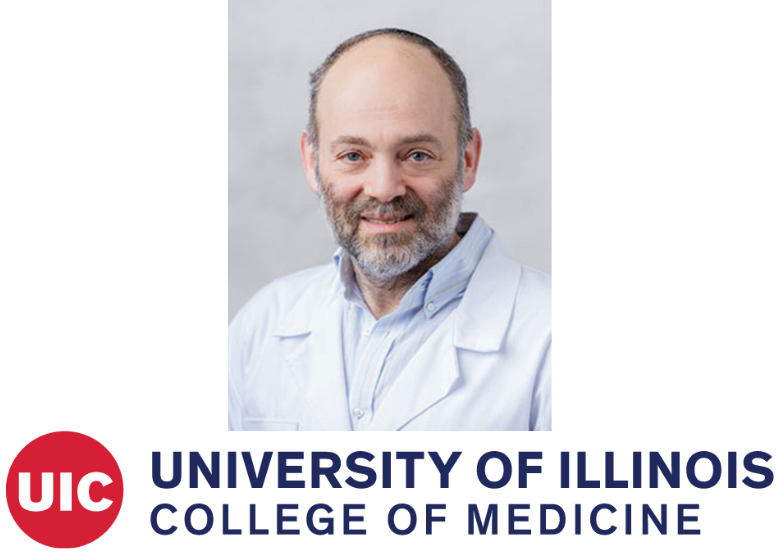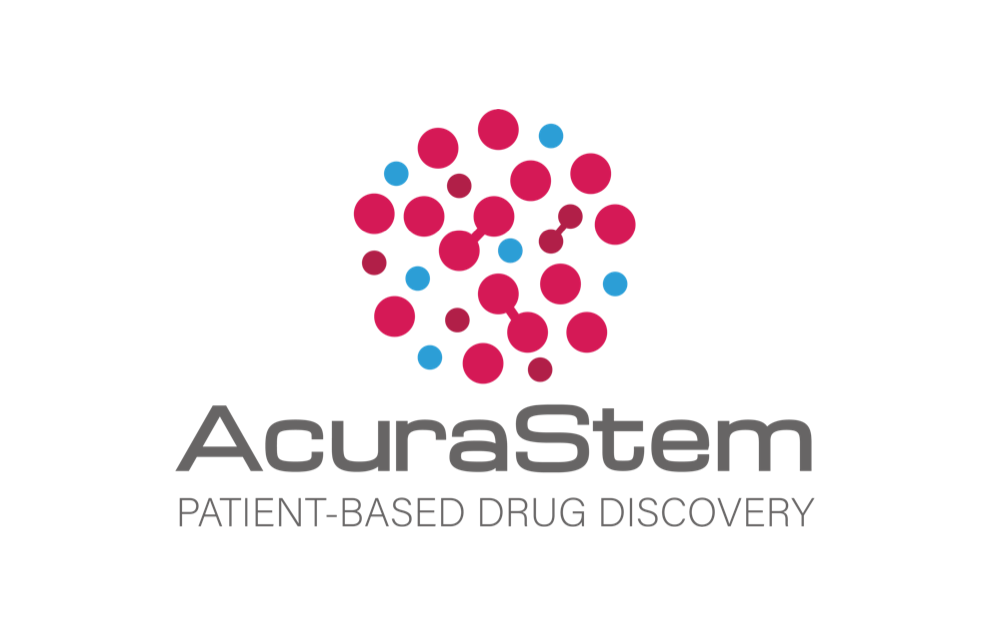News & Stories
See the latest news about CMT drug development and read stories from the CMT community that highlight why we must deliver treatments and cures during our lifetime.
Changing One Family’s Legacy
As with many families, I am but one leaf in a family tree colored by CMT1A across its many limbs and branches. I have watched successive generations struggle with the disease’s progressively debilitating physical symptoms and persistent emotional toll: grandparents,...
The CMT Research Foundation Kicks Off September CMT Action Month
Each September we join with other organizations to build awareness for Charcot-Marie-Tooth Disease. As you know, CMT is little-known and poorly understood outside of the patient community and we celebrate each and every effort to educate the medical community, the...

Researchers at Cyprus Institute of Neurology & Genetics Complete Third Milestone of CMT1A Gene Therapy Project
The CMT Research Foundation is pleased to announce that Dr. Kleopas A. Kleopa and his team at the Cyprus Institute of Neurology & Genetics, Nicosia, have completed the third milestone of their 24-month CMT1A gene therapy project. CMT1A is caused by duplication of...

DTx Pharma, Inc. Completes CMT Research Foundation-Funded Project
The CMT Research Foundation is pleased to announce that DTx Pharma, Inc. (DTx) has successfully completed their CMT Research Foundation-funded RNA-based therapy project. With funding from the CMT Research Foundation, DTx designed and tested a library of novel...
How the CMT Research Foundation Catalyzes Research into CMT
An Interview with RareCast's Danny Levine Part of our mission at CMT Research Foundation is to raise awareness about the progress we are making in finding a cure for CMT in the medical, scientific, pharma and patient communities. So, I was pleased to be interviewed on...
CEO Susan Ruediger featured on Global Genes podcast. LISTEN HERE
To read the full transcription click here.
CMT Research Foundation Targets CMT1X in Partnership with University of Illinois Chicago
CMTRF’s 11th Major Project in Less Than Three Years ATLANTA (July 8, 2021) The CMT Research Foundation, a nonprofit focused solely on delivering treatments and cures for Charcot-Marie-Tooth, today announced it has partnered with the University of Illinois Chicago...

CMT Research Foundation Targets CMT1X in Partnership with University of Illinois Chicago
The CMT Research Foundation is partnering with the University of Illinois Chicago to test a potential therapeutic for CMT1X, the second most common form of CMT, behind only CMT1A in prevalence. CMT is one of the most common inherited neurological disorders, affecting...

CMT Research Foundation partners with Biotechnology Company AcuraStem and CMT Researcher Alessandra Bolino to test new drug in CMT4B1
The CMT Research Foundation is proud to announce our latest project, a partnership between AcuraStem, a patient-based drug discovery platform company, and Dr. Alessandra Bolino, a renowned expert in CMT and the head of the Human Inherited Neuropathies Unit at the...
CMT Research Foundation To Host First Global Research Convention
Several Hundred Charcot-Marie-Tooth* World Leaders Gather to Accelerate Collaboration and Advancements in Research; Pharma Partner DTx to Review Significant Progress in Drug Delivery Gene Therapy Innovator and Pioneer Dr. James M. Wilson to Keynote ATLANTA (June...
